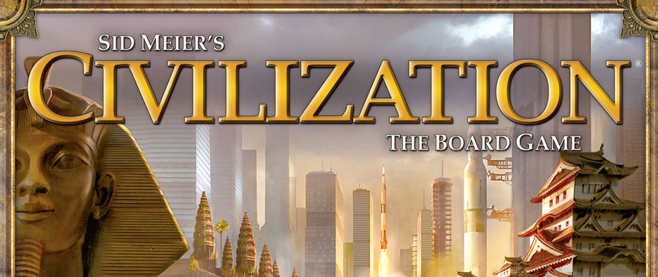
Netrunner and My Kid
There comes a day when your kid reaches the Age of Reason, by which I mean they can focus long enough to keep up with a real board game. While I appreciate Chutes and Ladders and enjoyed Forbidden Island (Puppy Pals Bingo, too, will always have a place in my heart), when my son was old enough to handle real board game snob games, it was a relief: we finally had a way to pass the long winter afternoons, and I finally had a board game buddy I could count on to play with me. From the entry level Eurogames like Ticket to Ride and Dominion to the gnarlier Fantasy Flight titles, we’ve conquered a number of games together.
I especially have to credit him with giving me critical field knowledge of a recent hype game, Android: Netrunner. We’ve been playing it since I acquired the core set last fall, and we both really enjoy it, but it ain’t always easy to play it together – and learning the rules was the least of our problems.
I learned the game last summer from Campo Santo’s Nels Anderson, who’s been a kind of John the Baptist for the title. It was one of the first deckbuilding games I’ve ever played, and it grew on me for a lot of the reasons that you’ve probably already heard: it’s easy to set up, but every game feels unique; it’s vicious in its back-and-forth, but it makes room for good luck and capricious turns of fortune; the asymmetrical gameplay and the contrasting strategies that play out on each side make it more engaging than a simple back-and-forth dueling game, where two players are just trying to clobber each other. Even when you lose, watching the game unfold is still fun.
However, I couldn’t help but notice that as we started playing together, I kept losing. My kid took the role of the runner, or hacker, who’s trying to break into a corporation’s servers and steal valuable agendas; I usually took the role of the corporation. Generally the corp side is harder to play, but my kid was playing with a complicated deck full of cards that have to be used in combinations or prepared over multiple turns before they can pay off. Sometimes he won because he’d built a great deck and played it well. Other times, he got lucky. Still other times, I just made dumb mistakes. That’s just how it goes.
The two of us have different strengths. My kid is good at memorizing all of the cards we own. It just comes easy to him: he’s only nine and his head is pretty empty, so there’s plenty of room for this stuff. By contrast, I don’t remember the cards so well, but I’m more comfortable thinking about the big picture and trying to construct strategies around when to risk putting an agenda out on the table, and how to defend my economy cards, and – whoops, he just swooped in and scored points on me.
On the other hand, I have a much better sense of sportsmanship. Once in a while, my kid will ragequit on me. We had an incident – that we still can’t talk about – where he made a run on one of my remote servers. The card hidden inside the server could have been an agenda, and it could have won him the game; it also could have been a trap. Of course, I knew it was a trap. When he passed the last ice protecting the server, he reached for the card, put his hand on it, and started to turn up one corner…
And I laughed.
Okay, I giggled.
He immediately put down the card, so I flipped it and sprung the trap, and we argued about whether it counted and the difference between action and intent and finally, he stormed off into the other room and read comic books and refused to play again the rest of the weekend.
Adults get in fights too, but the act of playing a board game requires agreeing to a level of civility, and working thorugh disputes in the interest of keeping the whole thing rolling. Kids still have to learn that. When the game isn’t fun, my son becomes visibly bored. “I’m getting a little tired of this,” he yawned at me once when he had me on the ropes and I was taking too long figuring out how to use the few cards in my hand to survive.
And at least Netrunner wraps up in an hour: all bets are off if you go for longer. Surely it’s a coincidence that right at the moment when he finally started losing a two-hour game of Mage Wars, he announced he was tired and wandered off to read The Day My Butt Went Psycho. He refused to see it through, and refused even to give it three more turns so I could finally play the high-powered cards that I’d saved up that would paste him into a crater.
Playing board games with your kid is fun, and even I dare say educational. Parents who complain about the numbing effect of videogames will never turn away a board game. But videogames are much, much easier to enjoy together, because they arbitrate everything for you. They take away the burden, really, of learning to sit at a table and play cards like grown-ups.
———
Chris Dahlen has written for Edge, The Onion AV Club, Paste and Kill Screen Magazine, where he was co-founder and editor. He was also the writer on Klei’s Mark of the Ninja. Look for him on Twitter @savetherobot.





